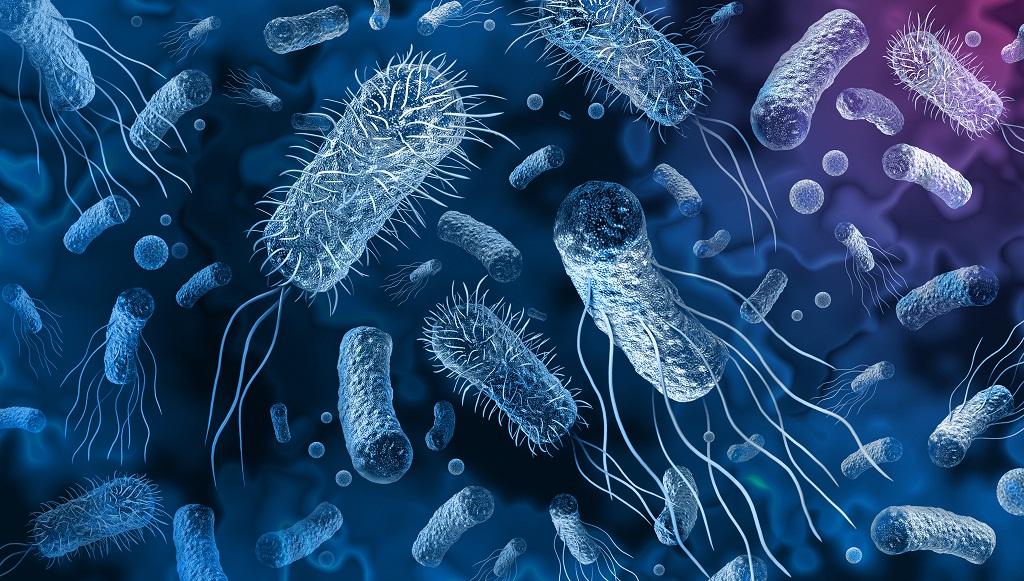

Bacteria in their food and environment mould the immune systems of fruit flies, notes study



The immune systems of fruit flies develop certain genes that can combat common bacteria found in food, a new study has found.
Bacteria such as acetobacter found in fruits can harm flies once they exit the gut and reach the bloodstream. However, various fly species have developed a specific peptide (strings of compounds that combine to form proteins) that can fight acetobacter, noted the study published in journal Science on July 21, 2023.
The findings are critical as fruit flies’ evolutionary process might help explain human susceptibility to certain diseases, noted the researchers from the Swiss Federal Institute of Technology and the University of Exeter.
The way our bodies resist infections is complex. But this sort of research helps us view our immune system in a new light, said Mark Hanson from the University of Exeter.
Also read: Ozone pollution increases male-male courtship in common fruit flies: Study
“I hope it gets us to ask why our immune system is made the way it is. That can help us fight infections, including infections that resist antibiotics,” he added.
The bacteria in their food and environment mould the immune systems of fruit flies. These flies have developed two peptides to defend a single bacterial species that affects them.
Some of these peptides are common in certain species. Various fly species have developed a particular peptide (diptericin B) to control acetobacter, the study added.
“This peptide is the silver bullet that kills this specific bacterium. Without it, flies are extremely vulnerable because acetobacter is so common in rotten fruit.”
Food and environment shape animal ‘microbiome’ — the cluster of microbes that live in an organism. “Our study shows how immune systems evolve in response to this, to control common bacteria that could otherwise cause harm,” Hanson said.
“Studies like this produce fundamental observations about life, and in turn these can have crucial applications in the world around us,” he added.
While this study states how fruit flies defend food-borne bacteria, a 2021 study explained how these flies respond to food poisoning. The study explains how olfactory responses restrict them from consuming the food that caused a prior infection — the same way we restrain from eating the food that caused food poisoning.
Glial cells and neurons in the fly brain communicate, dampening olfaction and shielding the animals from consuming the pathogen again after an intestinal bacterial infection, noted the study published in journal Nature.
We are a voice to you; you have been a support to us. Together we build journalism that is independent, credible and fearless. You can further help us by making a donation. This will mean a lot for our ability to bring you news, perspectives and analysis from the ground so that we can make change together.

Comments are moderated and will be published only after the site moderator’s approval. Please use a genuine email ID and provide your name. Selected comments may also be used in the ‘Letters’ section of the Down To Earth print edition.